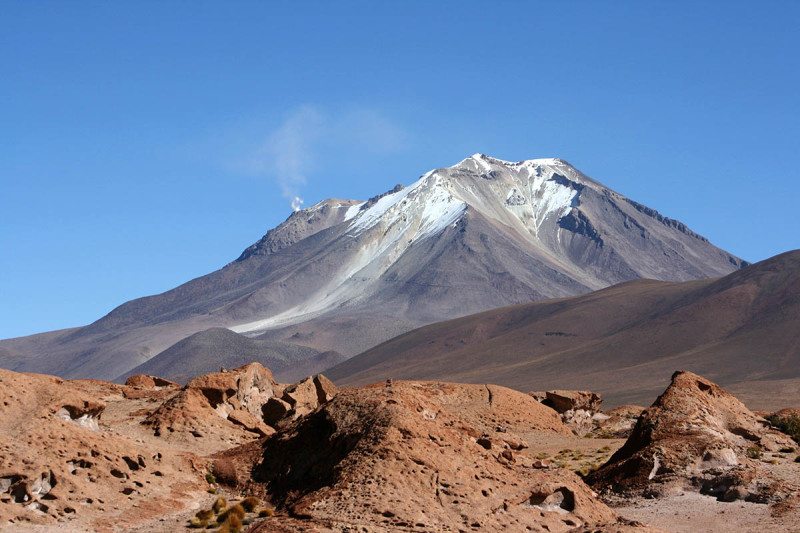The Geological Survey explains Siccar Point
A rather good video concerning Siccar Point - one of the birthplaces of (British) geology. Click the full screen button at the bottom right of the video.
Talks, field trips and events organised by west country geological organisations are publicised on this blog. Discussion about geological topics is encouraged. Anything of general geological interest is included.
 |
| Kynance Cove, near Lizard village |
 |
| WEGA at the Porcelain Basin - we stayed on the paths! |
Dave Green - Palaeontology and Evolution
WhenMon, 14 November, 19:30 – 22:30
WhereWynstones School, Stroud Road, Whaddon, Gloucester (map)
DescriptionPalaeontology and Evolution. This will be a mainly practical class, focussing on the preservation, identification and classification of fossils, and an account of the evolution of life on Earth. Starts Mon 19th September for 10 weeks (not 17th or 24th Oct), until 5th December Held at Wynstones School, Stroud Road, Whaddon, Gloucester from 7.30-9.30pm on Mondays. Cost £70 (including tea, coffee etc at breaktime!).
| ||
Dave Green - Geology of the Wye Valley
WhenThu, 17 November, 19:30 – 20:30
WhereHeld at 6th form and adult education centre John Kyrle High School, Ross on Wye (map)
DescriptionGeology of the Wye Valley and its tributaries This 10 week course, starting on Thursday September 22nd, aims to familiarise you with the geology of this part of western Britain. A 10 week, class-based course (with the possibility of day or residential field trip(s)). The course will examine the geology of the Wye and its tributaries (including the Ithon, Lugg, Arrow, Frome, Honddu, Dore, Garron, Monnow and Troddi) from its source on Plynlimon to the sea; including places such as Rhyader, Builth Wells, Llandrindod Wells, Leominster, Kington, Presteigne, Hay, Hereford, Ross and Chepstow. The geology covers a vast range of geological time – from the late Pre Cambrian (the oldest rocks in southern Britain, dated at 715 million years), through Cambrian, Ordovician, Silurian, Devonian, Carboniferous to the Triassic (200 million years), a journey which took us from near the South Pole, across the Equator to 30oNorth Held at 6th form and adult education centre John Kyrle High School, Ross on Wye. Cost £45. Contact Paul Mason on 01989 760399. Enrol before 15th September.
| ||
Thornbury Geology Group meeting
WhenThu, 17 November, 19:30 – 20:30
Description Thornbury Geology Group, The Chantry, Thornbury, 7.30pm, contact 01454 416882
The group is is an offshoot of Thornbury and District Museum and we welcome new members.
Previous geological knowledge can be helpful but is not necessary as members are very willing to share their own knowledge with anyone keen to learn more about Earth Science.
The group is loosely following a pre-recorded lecture series which is supplemented by use of other material and geological specimens. On occasions a guest speaker will talk on their specialist topic.
Costs are met from attending members' monthly contributions and the group does not have membership subscriptions or a committee
| ||
Building Stone Colloquium, Worcester
WhenFri, 18 November, 10:00 – 16:00
WhereThe Abbot’s Kitchen, The Old Palace, Deansway, Worcester, WR1 2JE (map)
DescriptionDetails at http://www.buil
| ||
South Wales Geologists' Association
WhenSat, 19 November, 11:00 – 12:00
WhereLectures at University of Wales Swansea are held in the department of Geography in the Wallace building. We meet on the landing area inside the main entrance to the building for refreshments with lectures in the main lecture theatre. (map)
DescriptionSaturday 19th November (Swansea): Gold
Rush: Prospecting and small scale mining for gold
and diamonds to the present day. Jim Richards
(Perth, Australia)
| ||
 |
| Bioturbated facies of Portland Stone |
 |
| Corals in a Belgian crinoidal limestone on the back of a Belgian War grave |
 |
| Stylolytes in Portland Stone |
 |
| Uturuncu volcano under which the water was found |